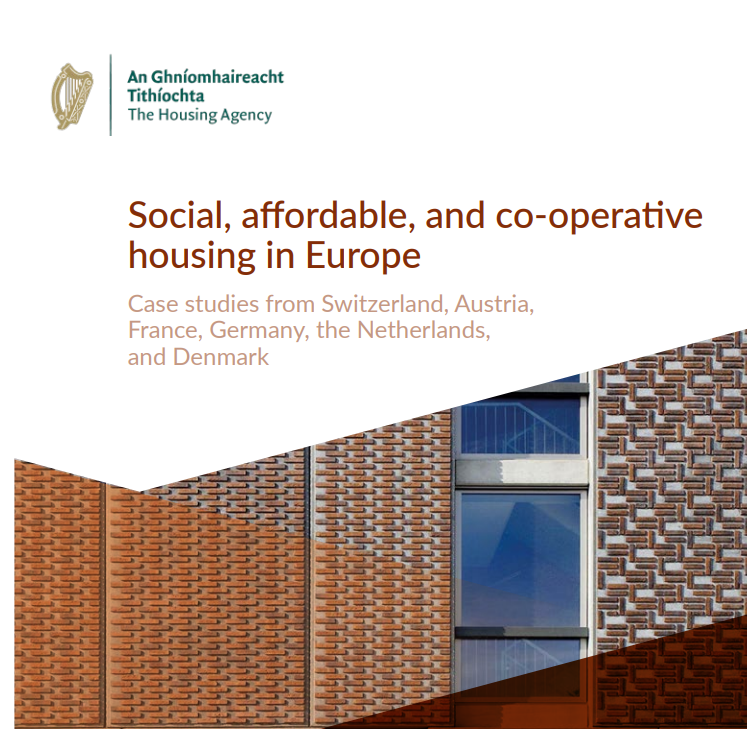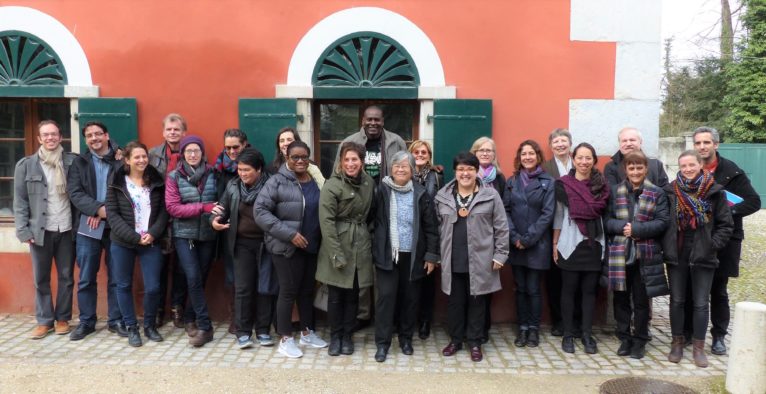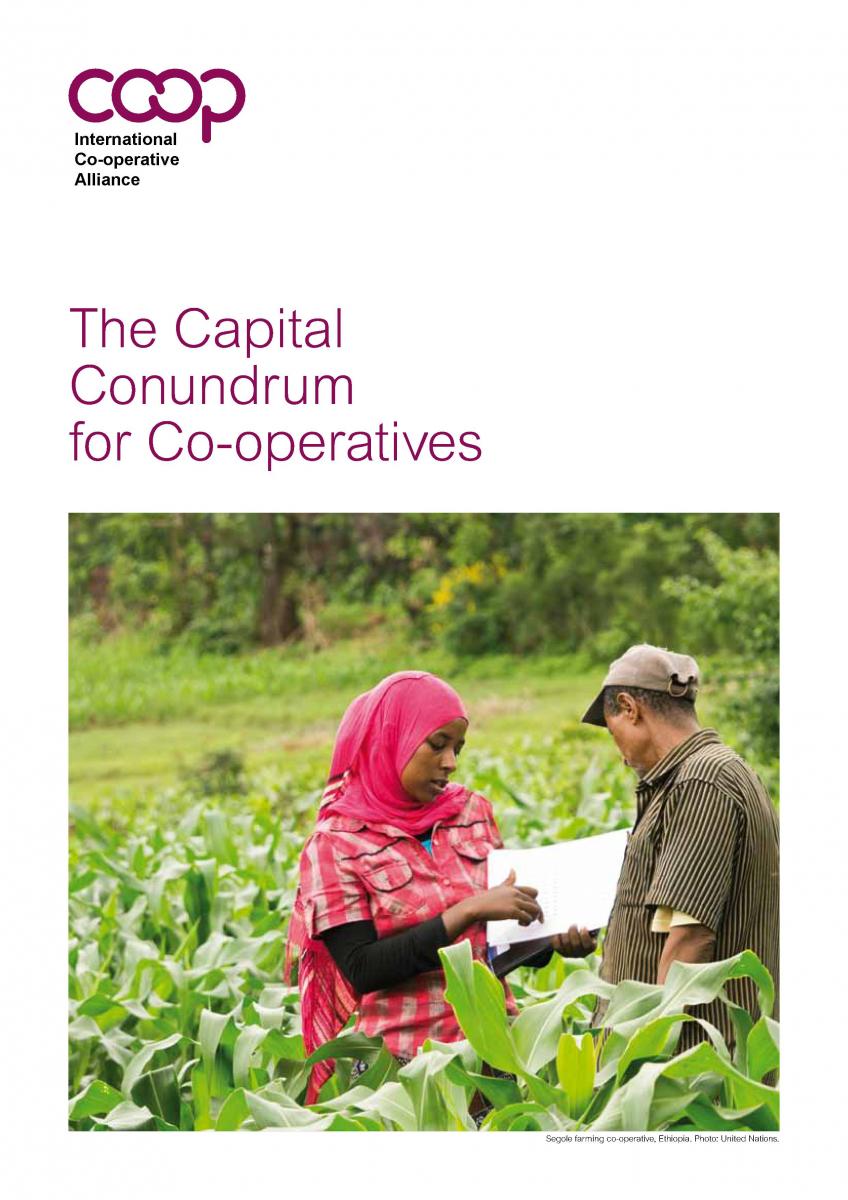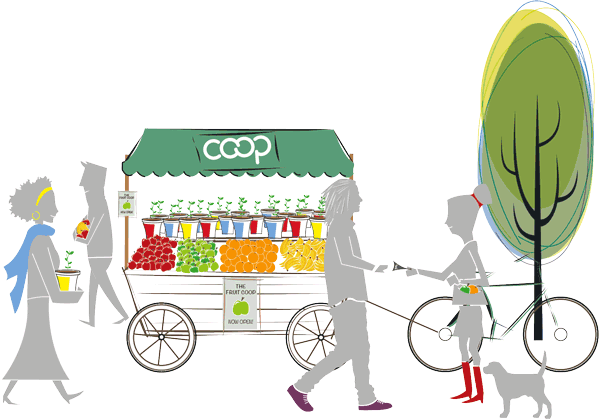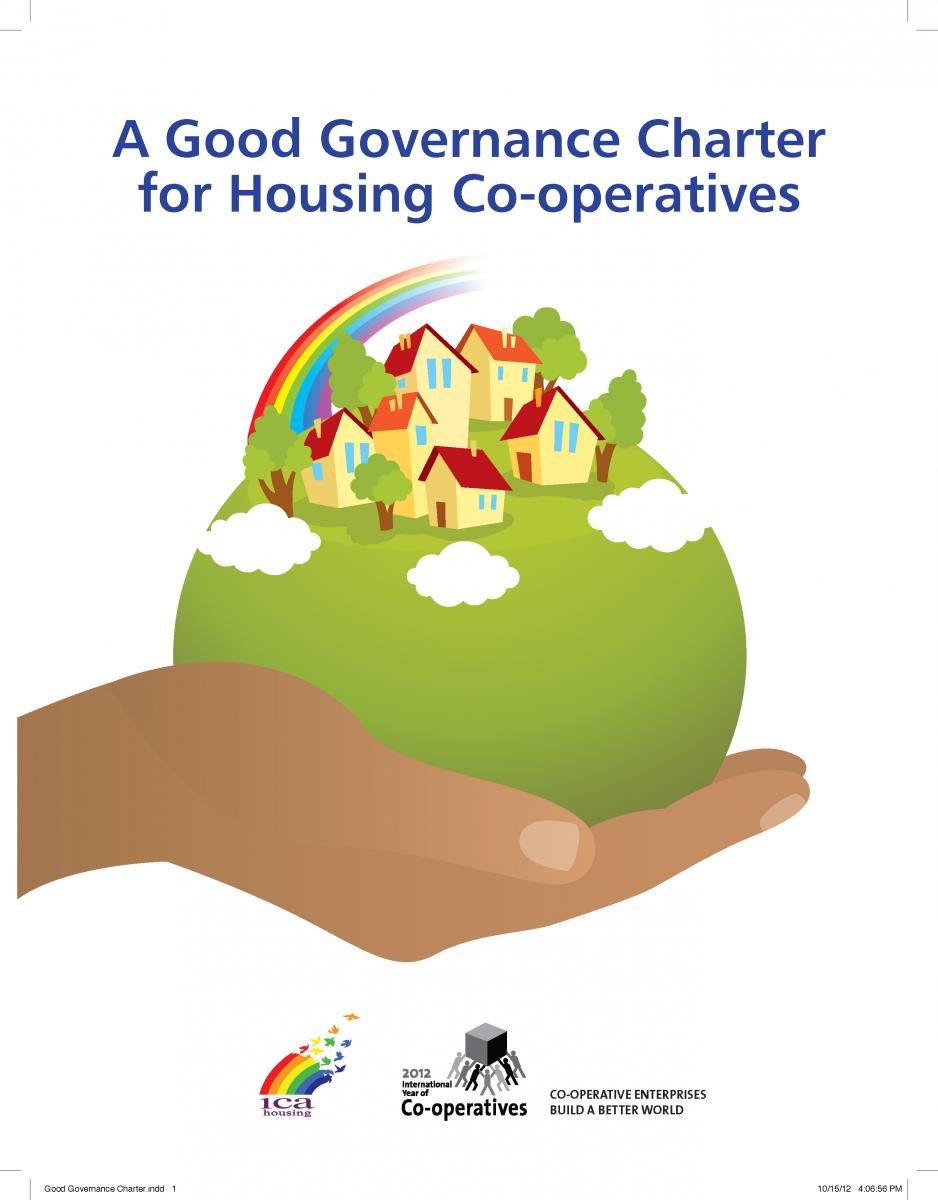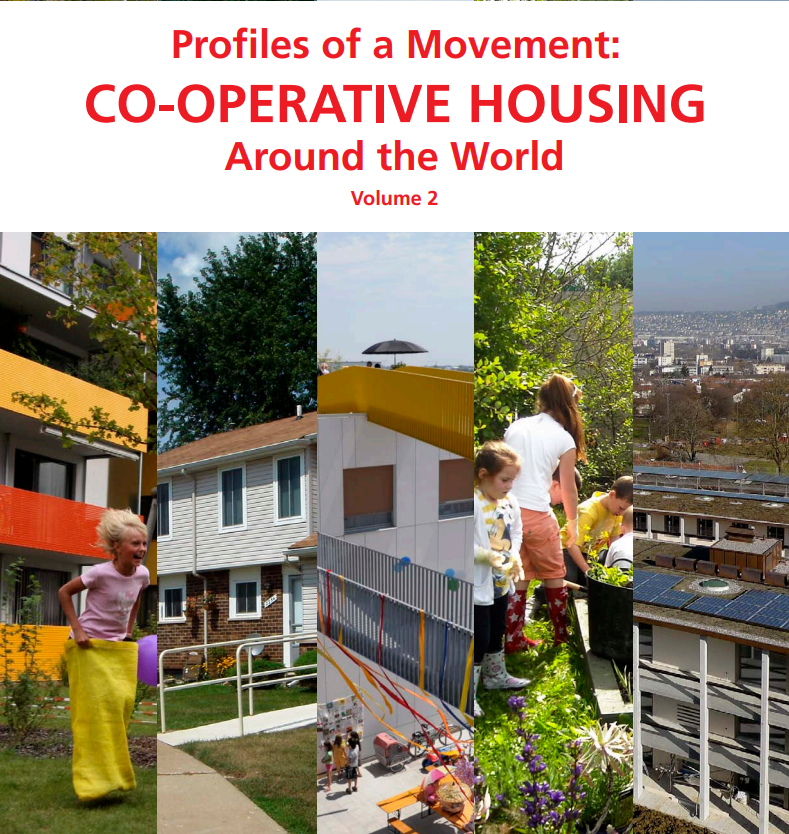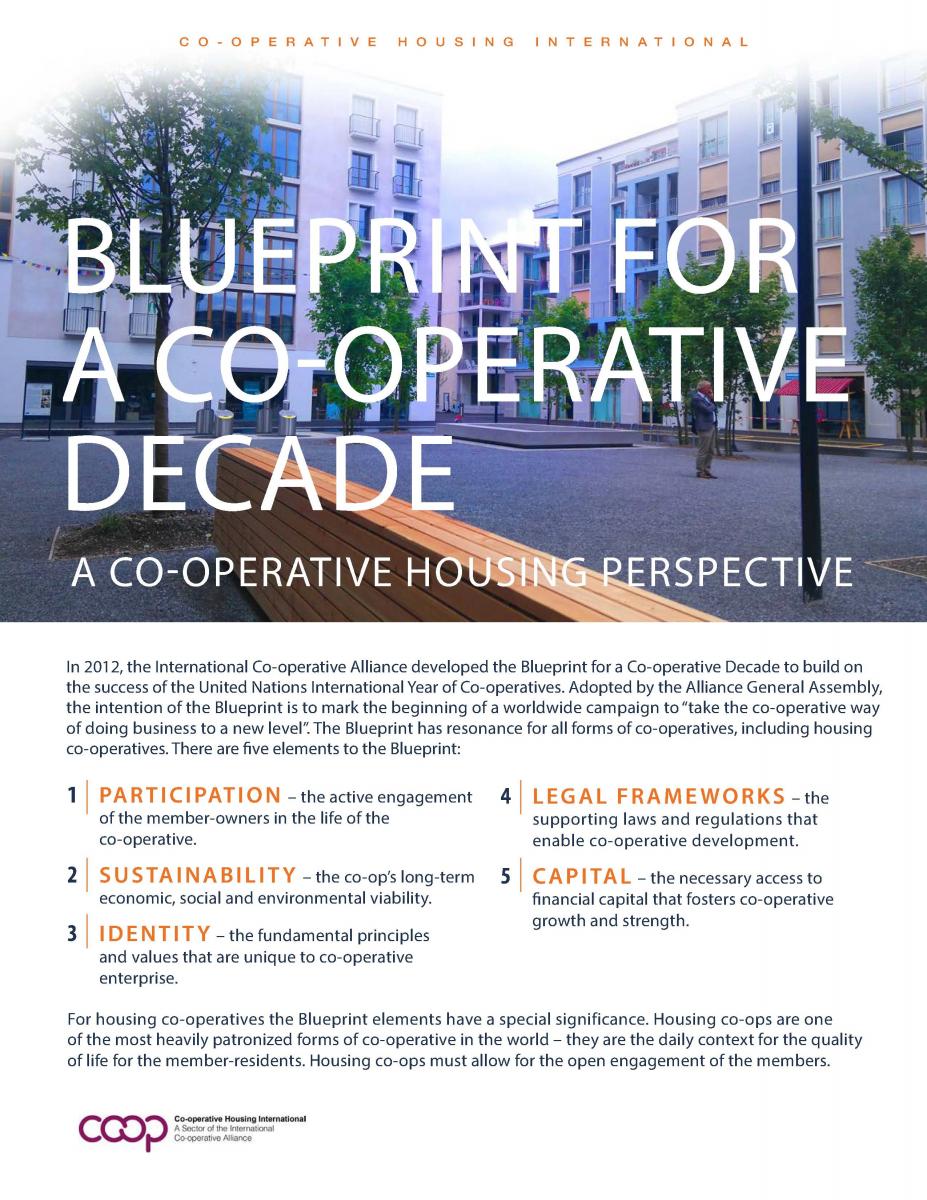About Switzerland
History of Cooperative Housing in Switzerland
Cooperative housing in Switzerland began to take root in the early 20th century, particularly during and after World War I, when housing shortages and speculation became acute in urban areas. Zurich played a pioneering role: in 1907, the city’s first housing cooperative, Waidberg, was founded by socially engaged citizens seeking to provide affordable, secure housing for working families.
After World War II, cooperative housing gained strong support at both the municipal and federal levels. Governments offered favorable land leases, tax incentives, and access to public loans, especially during times of economic hardship and urban expansion. Today, housing cooperatives are seen as a pillar of Switzerland’s non-profit housing sector and a critical alternative to speculative private markets.
One of the oldest housing cooperatives founded in 1919, Freidorf in Basel, received a low-interest loan of 7,5 million Swiss francs. The funding came from a fund made up of a tax placed on companies earning excess profits from activities with the war, a tax to be spent on projects for public good.
In 1991, at a time of high interest rates and overly prudent banks, the three umbrella non-profit/cooperative housing associations founded the Bond Issuing Co-operative (BIC), in collaboration with the Federation Housing Office. In 2011, 375 housing cooperatives were members of BIC, 263 of them participated in bond issues in 2011.
The three umbrella organisations adopted a Charter called the “Charter of the non-profit housing organisations of Switzerland”. This Charter lays down the principles guiding the actions of non-profit and cooperative housing organisations in Switzerland. For example, no speculative profits, good-quality affordable and sustainable housing, integration of disadvantaged households and tenant participation and self-determination.

FGZ_Grünmatt: New dwellings „Grünmatt“ by Familienheim-Genossenschaft Zurich
Origins of the Cooperative Movement
The cooperative movement in Switzerland, like in much of Europe, emerged in the 19th century in response to rapid industrialization, rising urban populations, and worsening living conditions. Early cooperatives aimed to empower workers and tenants by pooling resources to access goods and services—especially decent housing—at fair prices. Inspired by similar movements in Germany and the UK, Swiss cooperatives began as grassroots efforts to promote social solidarity and economic self-reliance.
Cooperative Housing in Switzerland
Legal and Policy Context
In Switzerland, the right to housing is enshrined in the Constitution under Articles 108 and 41 (Paragraph 1). This right is further reinforced by the Federal Housing Act of 2003 and various cantonal laws, which collectively promote the development of housing cooperatives and social housing. While not all cantons have adopted comprehensive housing policies, some have implemented stronger legal frameworks than the federal government.
The cooperative housing sector operates in close collaboration with the Federal Housing Office (FHO) and local authorities. One prominent mechanism supporting this partnership is the Public-Cooperative Partnership, under which communes provide cooperatives with land through long-term lease arrangements (known as a “right of use”).
Characteristics of Swiss Housing Cooperatives
Swiss housing cooperatives have proven to be both socially effective and economically sustainable. They are well-maintained, offer below-market rents—typically 20% lower than private rentals—and promote environmental responsibility by incorporating sustainable building and renovation practices.
While most cooperatives are small (70% have fewer than 100 units), some operate at a much larger scale. The largest, in Zurich, includes around 5,000 units. On average, a Swiss housing cooperative manages about 138 units.
There are two main types of housing cooperatives in Switzerland:
-
Membership cooperatives: Tenants are members of the cooperative, granting them long-term security, participation rights, and affordability.
-
Entrepreneurial cooperatives: Tenants rent from the cooperative but are not members and have no governance rights.
The following attributes apply primarily to membership cooperatives:
-
Democratic governance: All members have one vote at the general assembly, regardless of their shareholding.
-
Non-profit operation: Rents are cost-based. No dividends are distributed, and surplus funds are reinvested.
-
Security of tenure: Members enjoy long-term, stable housing.
-
No personal equity: Members buy shares to gain access but have no equity in the unit. Shares are returned at face value upon departure.
-
Volunteer leadership: Boards are typically composed of 5–7 members elected for four-year terms. Only the largest co-ops have paid administrative staff.
-
Social integration: Many co-ops offer shared amenities such as childcare, health services, and communal activities.
-
Occupancy control: Some co-ops reassign smaller units to members who are ‘over-housed’ to optimize space usage.
The Role of Cooperatives in Urban Development
Cooperative housing plays a vital role in urban renewal and planning. In cities like Zurich, cooperatives have become key partners in developing sustainable, inclusive communities. They contribute to long-term urban strategies and help mitigate speculative pressures in high-cost housing markets.
Challenges Facing the Sector
Despite their success, Swiss housing cooperatives face growing challenges:
-
Rising construction costs and scarcity of land have made new development increasingly difficult.
-
Demographic shifts—including a surge in single-person and senior households and a fourfold increase in immigrant households over the past 30 years—require cooperatives to adapt their housing models.
-
Aging stock: Many buildings constructed in the post-war era and the 1970s now require extensive renovation or replacement.
These pressures underscore the need for continued public support and policy innovation.

Hunziker-Areal, Zurich
Financing
Cooperative housing in Switzerland is generally financed through a mix of:
-
Member equity contributions (entry fees and shares)
-
Long-term bank loans or mortgage financing
-
Public subsidies or low-interest loans (depending on the canton or municipality)
-
Leasehold arrangements where municipalities lease land to co-ops at reduced rates
Importantly, cooperatives reinvest surplus funds into building maintenance, expansion, or new development. This closed-loop reinvestment strengthens long-term financial stability and helps keep rents below market.
Some cantons provide financial support by providing:
- Subsidy to reduce the rents. The amount of subsidy provided takes into account the financial situation (annual income and wealth) of the member and occupation norms;
- Land to build housing cooperatives in the form of a “right of use”.
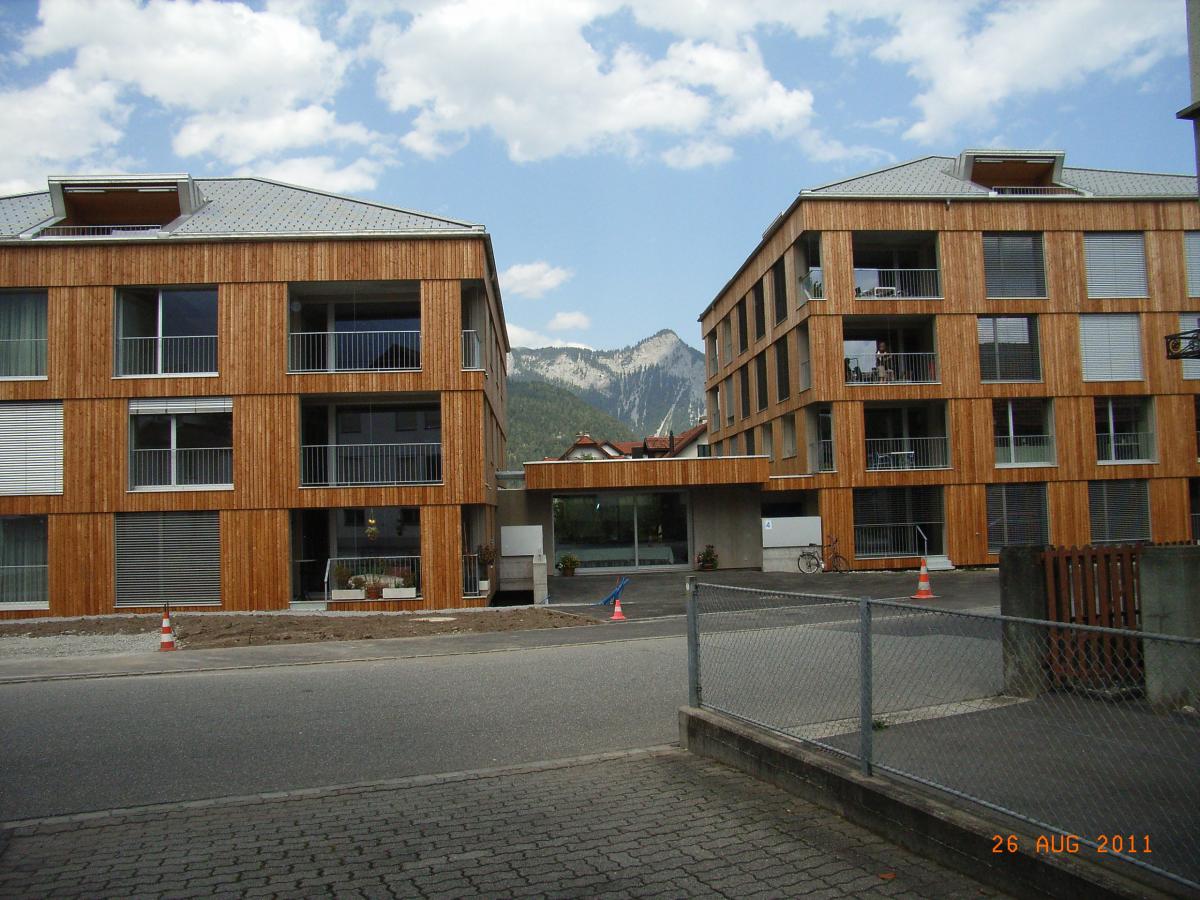
In buona compagnia: housing community of elderly people in the canton of Graubunden
Legal Framework
Cooperative housing in Switzerland operates under the Swiss Code of Obligations, which governs cooperative societies as legal entities. Co-ops must register with cantonal authorities and maintain transparent financial practices, including regular audits. In addition, municipalities and cantons may set their own guidelines for allocating subsidies or leasing public land.
The Cooperative Housing Promotion Act (Wohnbau- und Eigentumsförderungsgesetz) provides a legal basis for federal support, including access to low-interest loans and guarantees through the Federal Office for Housing (FOH). However, housing remains largely a cantonal and municipal responsibility.
The Co-operative Housing Movement
National Level
At the national level, the movement is represented by WBG Schweiz (Wohnbaugenossenschaften Schweiz), the umbrella association for housing cooperatives. It provides advocacy, training, legal support, and a platform for networking among over 1,200 cooperative housing providers. WBG Schweiz campaigns for stronger public support, land access, and legal protections for cooperative housing across the country.
Zurich: A Cooperative Stronghold
Zurich has long been the hub of the Swiss cooperative housing movement. Today, one out of every five residents in Zurich lives in cooperative housing. The city actively supports co-ops through land leases, planning incentives, and participation in new development areas.
Between 2001 and 2003, 23% of newly built housing units were housing cooperatives. In 2008, housing cooperatives built 1,000 new units in Zurich.
Notable Zurich cooperatives include:
- ABZ : Founded in 1916, ABZ is Switzerland’s largest housing cooperative. It provides affordable, sustainable homes to over 12,000 people in Zurich, emphasizing social inclusion, resident participation, and community development. ABZ reinvests all profits into maintaining and growing its housing stock, staying true to its non-profit mission.
-
Kalkbreite: A mixed-use development with residential, cultural, and commercial spaces designed around sustainability and social inclusion.
-
Mehr als Wohnen: An innovative project built on former industrial land, blending co-housing models, ecological design, and strong community governance.
Zurich’s approach has become a model for other cities, showing how cooperative housing can play a structural role in managing urban growth and affordability. Furthermore, housing cooperatives normally work with leading architects when designing new construction. Therefore, most of the housing cooperatives are examples of outstanding architectural and ecological quality.
Geneva: Facing High Demand and Limited Space
In Geneva, the cooperative housing movement is less dominant but growing. The city faces some of the highest housing costs in Switzerland, driven by limited space and speculative pressure. In response, Geneva has prioritized social and cooperative housing in urban planning and has started granting long-term leases of public land to cooperatives.
While the cooperative housing share in Geneva is still modest compared to Zurich, the city has introduced land-use quotas and development incentives to encourage new co-op construction. Organizations such as CODHA (Coopérative de l’Habitat Associatif) play a key role in promoting participatory, community-based housing projects that address Geneva’s acute affordability challenges.
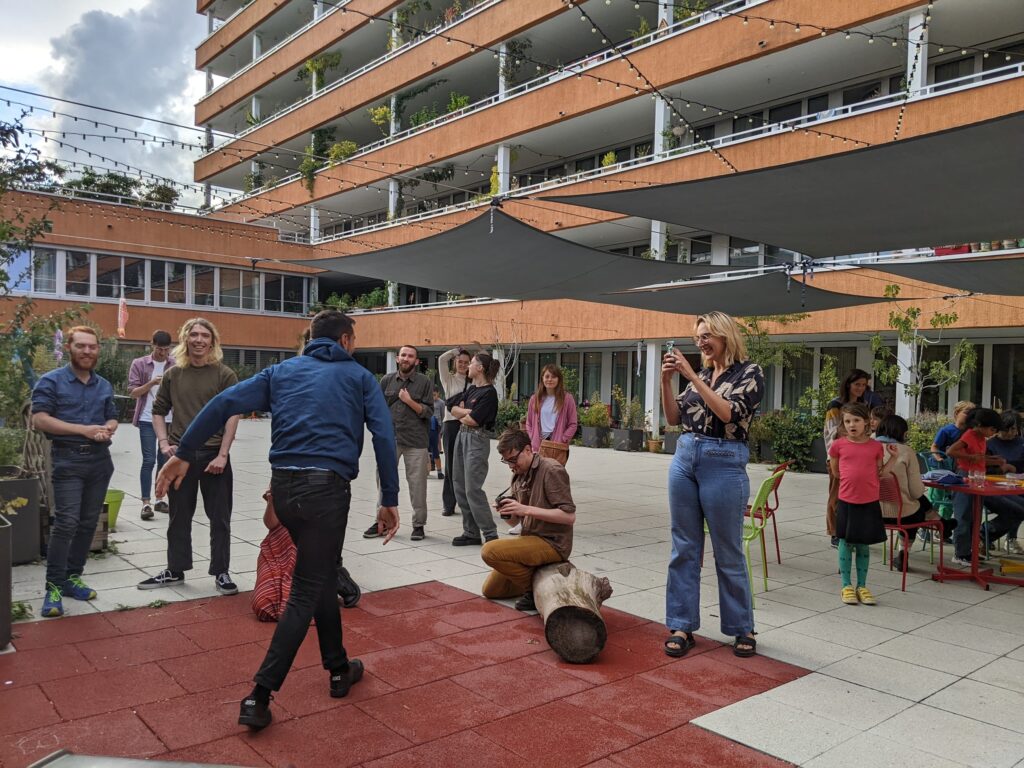
La Jonction-Geneva
Resources Tagged "Switzerland"
The Housing Agency of Ireland compiled 44 case studies from Switzerland, Austria, France, Germany, the Netherlands, and Denmark. The case studies respond to the various challenges of providing adequate housing. The report includes public projects led by government or city authorities, mixed-tenure private developments, and collective schemes led by residents. Like Ireland, all the selected countries have an established tradition of providing housing that is not purely market-oriented to meet a portion of their housing need.Read More
Austria Report
This presentation on access to capital for housing cooperatives is from a CHI workshop on sources of financing for building new and renovating existing housing co-operatives. It provides an overview of the co-operative housing mov ...Read More
Financing and Development Europe
The history of Mehr als Wohnen (More than Housing) began in 2007 when the city of Zürich and its housing cooperatives celebrated the centenary of government support for cooperative housing construction using the slogan ‘100 years of more than housing’. Within the framework of the festivities, an international competition was organized calling for ideas regarding the future of non-profit residential construction that might help solve Zürich's inner city housing crisis.Read More
Financing and Development Switzerland
This video features six organisations that are coming together to create the urbaMonde Platform of Social Production of Habitat, aiming to give a voice to the people who create new innovative housing solutions on a grassroots level. Organizations involved: Shack/Slum Dwellers International (SDI), Asian Coalition for Housing Rights (ACHR), Habitat International Coalition (HIC), Co-operative Housing International (CHI), Grounded Solutions Network (GSN), Building and Social Housing Foundation (BSHF).Read More
Community Switzerland
This video captures a roundtable discussion on community-led housing, access to land, technical assistance, finance and examples of successful policies and collaborations, bottlenecks and challenges. in Geneva, Switzerland, March 2017. The roundtable discussion was part of a three-day planning meeting for the urbaMonde Social Production of Habitat Platform.Read More
Community Switzerland
The Cooperative Identity — the shared values and principles that unite cooperatives worldwide — is being revisited for the first time in decades. The International Cooperative Alliance (ICA) has released Discussion Draft 2 of ...Read More
Governance Global Study
The International Legal Research and Analysis Initiative (ILRAI) of the International Cooperative Alliance, coordinated by Cooperative Housing International, provides the first comparative legal analysis of cooperative housing fra ...Read More
Legal Global News Article
L'habitat coopératif offre des logements abordables à long terme, gérés par les résidents, avec des avantages sociaux, économiques et environnementaux avérés. Malgré son impact mondial, ce secteur reste méconnu.Read More
Financing and Development Global Report
Explore public policies supporting cooperative housing worldwide in this comprehensive report. Discover how governments and cooperatives collaborate to create sustainable and affordable housing solutions globally.Read More
Research Global Research Paper
The Commission's final report on Cooperative and Mutual Housing (Bringing Democracy Home) highlighted the need for consideration of the role that cooperative and mutual housing could play in the national housing strategy. The Fina ...Read More
Financing and Development Global Report
Par cette publication, nous souhaitons ouvrir le débat sur le logement en tant que droit fondamental et enjeu métropolitain, en mettant en lumière l’expérience de grandes métropoles et dans l’espoir d’inspirer des idées nouvelles pour aborder cet enjeu absolument fondamental de l’urbanisation moderne.Read More
Advocacy Global
In 2000, United Nations (UN) member states recognised the need to build global partnerships for development and the exchange of expertise as one of the Millennium Development Goals. Across the international development field, part ...Read More
Financing and Development Global
New report: The Capital Conundrum for Co-operatives "The Capital Conundrum for Co-operatives", a new report released by the Alliance’s Blue Ribbon Commission explores ideas and options available to co-operatives that need suitab ...Read More
Financing and Development Global
Financing the development of housing co-operatives is a challenge and more so in time of financial restrictions and uncertainty. CHI members discussed the issue during a seminar held in November 2009 in Geneva. Presentations w ...Read More
Financing and Development Global
The Forest Products Annual Market Review 2013 reports that the development of new refinement processes has led to the production of new and more affordable wood based products such as cross-laminated timber (CLT). The report sta ...Read More
Sustainability Global
Updated Guidance Notes on the Co-operative Principles, edited by David Rodgers, former President of Co-operative Housing InternationalRead More
Governance Global
The ILO views cooperatives as important in improving the living and working conditions of women and men globally as well as making essential infrastructure and services available even in areas neglected by the state and investor-driven enterprises. Cooperatives have a proven record of creating and sustaining employment – they provide over 100 million jobs today; they advance the ILO’s Global Employment Agenda and contribute to promoting decent work.Read More
Legal Global
Cooperative housing offers long-term, affordable homes governed by residents, with proven social, economic, and environmental benefits. Despite its global impact, the sector remains under-recognized.Read More
Financing and Development Europe Report
Student housing cooperatives have become very popular in the USA and many of these housing co-operatives are members of organizations such as NASCO. Unlike a resident who acquires shares at market rates to earn the right to occupy ...Read More
Community Global
The Good Governance Charter for Housing Co-operatives was launched at the ICA Housing Plenary in Manchester in November 2012.It has three parts:A 10-point set of good governance practicesAn interpretive statement for each good p ...Read More
Governance Global
This second volume of Housing Co-operative Profiles focuses on African countries, showcasing the ingenuity and commitment of cooperators working under difficult conditions. It offers insights into the legal, financial, and historical contexts of housing co-ops, aiming to inspire broader adoption of the model as a solution to the global housing crisis.Read More
Community Global Report
The Blueprint for a Co-operative Decade is a worldwide campaign to “take the co-operative way of doing business to a new level”. The five key elements of the Blueprint are participation, sustainability, identity, legal frameworks and capital. The Blueprint is particularly relevant to co-operative housing and the Blueprint interpretation for co-operative housing below explains how.Read More
Governance Global
